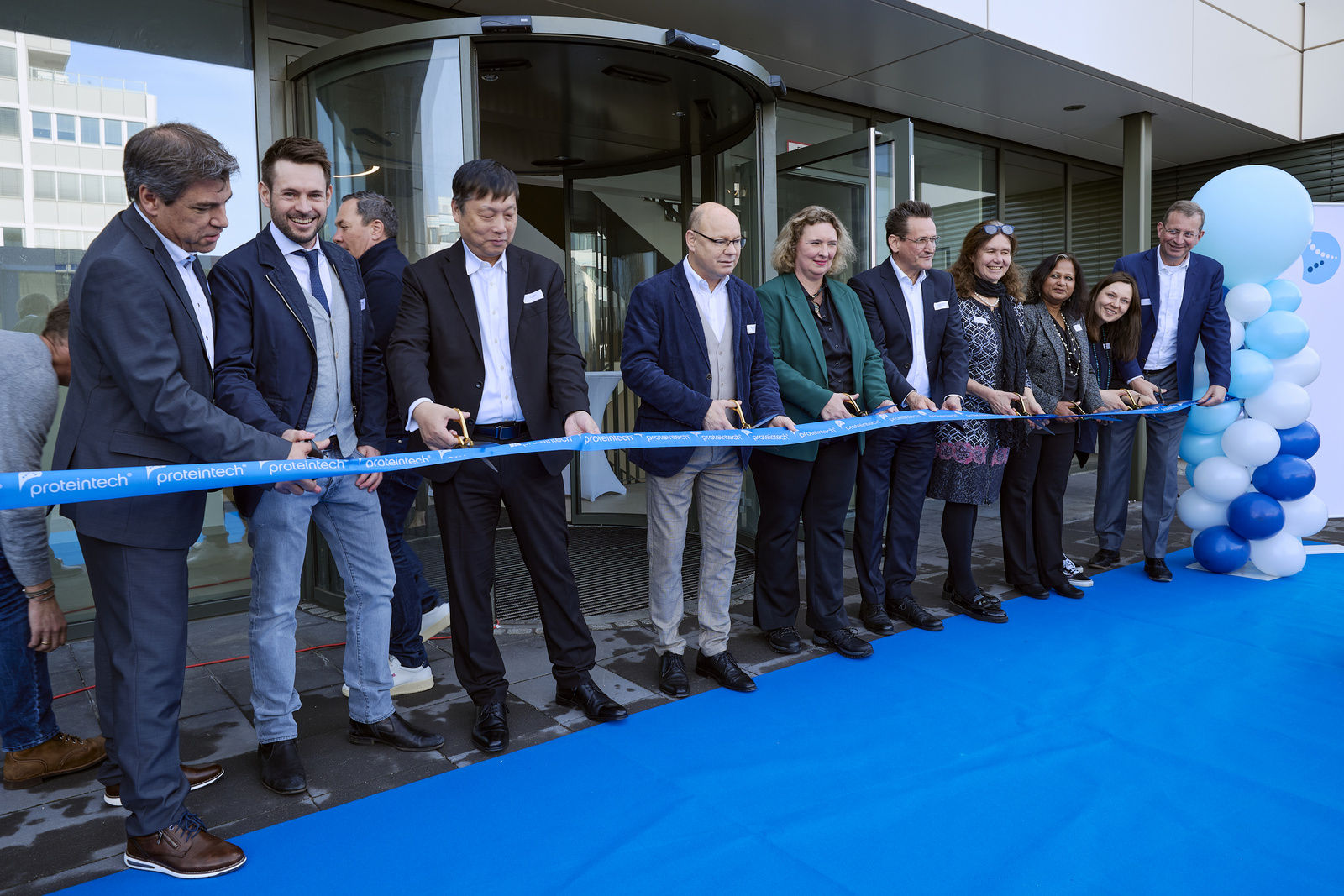- Startseite -
- Digital Bavaria -
- Blog #bytevaria - Why top talents are attracted to Erlangen
Why top talents are attracted to Erlangen
Being one step ahead is nothing new for the city of Erlangen. It regularly scores top marks in studies and rankings, so the result of IW Consult Cologne's Regional Ranking 2014 comes as no surprise.
This comparison of the levels of 402 German towns and rural districts put Erlangen in first place in the Labour Market category. In none of the other regions in the study was the percentage of workers subject to social security payments with a university degree so high. The average is 9.7%, while in Erlangen the figure stands at 29.3%. This figure fits perfectly with the results of a comparison of towns conducted in 2013: the increase in employment in knowledge-intensive services between 2008 and 2012 was higher than in any other German city, at 11.2 per cent.
It is no coincidence that Erlangen has such great potential for growth and is so attractive to top talents. With 530 companies and 30,000 people working in the field of medical technology, the Free State of Bavaria is also among the key players in Europe – and Erlangen plays a significant role in this top position. Sector experts have long seen the city of 107,000 inhabitants as the "German capital of medicine". This is because it is home to the highest concentration of expertise in medical technology and innovative companies anywhere in Germany. For instance, the Medical Valley Center of the European metropolitan region of Nuremberg (MVC) is based here. The MVC is a national top cluster with outstanding expertise in key technologies in medical technology, including electronics and microsystems, information and communications technology, optical technologies and new materials.
The combination of university and non-university-based research – which can also be seen in other fields alongside medical technology – is the key factor in Erlangen's excellent innovation climate. The Friedrich-Alexander University of Erlangen-Nuremberg (FAU) makes the city home to one of Germany's largest research universities with international appeal. With its Graduate School in Advanced Optical Technologies and the Engineering of Advanced Materials and Processes cluster, the FAU has successfully arisen from the excellence initiative for the promotion of science and research at German universities, conducted by the federal and state governments. The university works closely together with other research institutions based in Erlangen, such as the Fraunhofer Institute ILS, where the MP3 format was developed, and the Helmholtz Institute for Renewable Energies, which is located on the FAU campus.
Erlangen's Max-Planck-Institute is working on one of the most important physical phenomena for humans: light. Top researchers are focusing on all aspects of modern optics and the way light and matter interact. The Max Planck Institute in Erlangen was set up in 2009, building on a Max Planck research group for optics, information and photonics at the FAU. Thanks to outstanding development, the first stone for a new research building was laid in summer 2013. And Erlangen is one step ahead here, too: the city's Max Planck Institute is currently the only one in Bavaria outside the Munich area.

- von Jutta Stohwasser
- Investor Services Energy Technology | Funding and financing options
- Alle Artikel dieses Autors anzeigen

Chicago/Planegg-Martinsried: the US-based Proteintech Group triples the size of its site in Bavaria – with a key focus on research & development, production and logistics

The technologies that companies should invest in over the course of 2024
